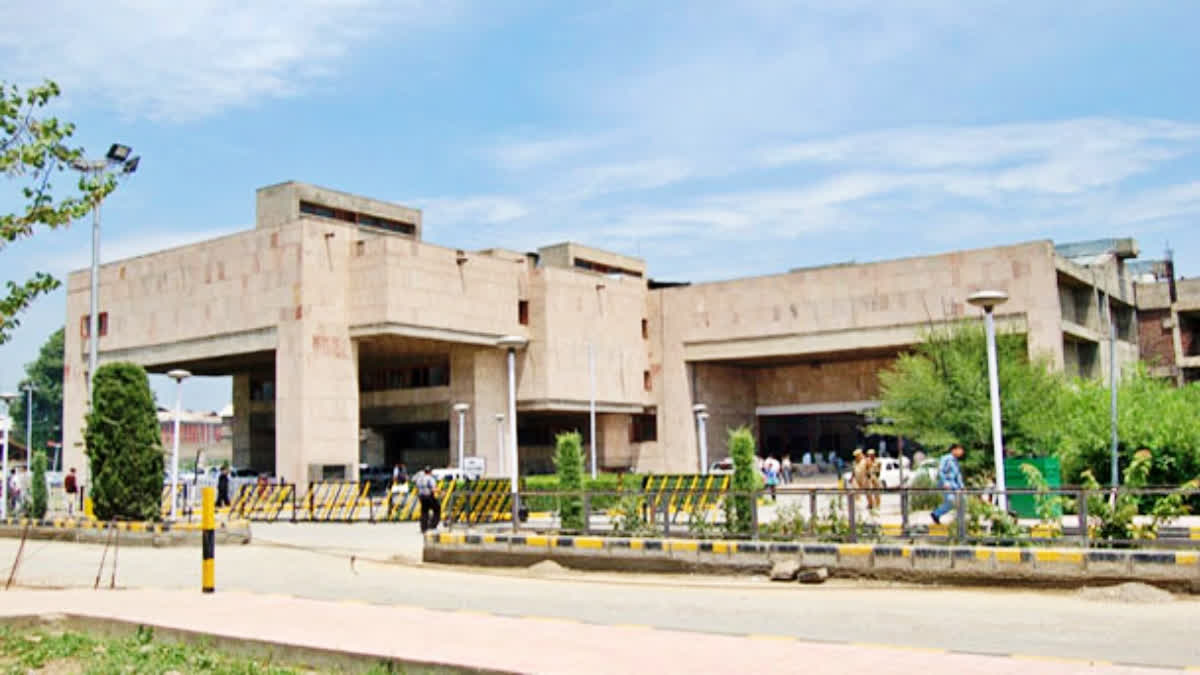Srinagar (J&K): In a significant development, the High Court of Jammu and Kashmir and Ladakh has directed the prompt establishment of one or more Waqf Tribunals in the Union Territory of Jammu and Kashmir within a strict two-month timeframe. The decision aims to ensure that individuals with disputes against the Waqf Board are not left without a legal remedy.
Justice Sanjeev Kumar issued the order while dismissing a batch of writ petitions filed by occupants of Waqf Board properties. These individuals had raised concerns about arbitrary increases in rents payable to the Board for occupying the properties.
The court, noting the chaotic situation arising out of the absence of a Waqf Tribunal, directed the Government of the Union Territory to constitute one or more Tribunals under Section 83 of the Waqf Act within two months from the date of the judgment, dated February 29.
The Court was addressing petitions from several occupants of Waqf properties who argued that the rents payable to them had been hiked in an arbitrary and irrational manner.
In response, the Waqf Board argued that the High Court lacked jurisdiction to intervene in the matter through its writ jurisdiction. It contended that the Waqf Board, established under the Waqf Act, 1995, was not subject to writ jurisdiction under Article 226 of the Constitution, as it did not qualify as a State or a person/authority amenable to such jurisdiction.
The High Court clarified that being a statutory authority did not automatically categorize the Waqf Board as a "State" under Article 12 of the Constitution. It emphasized that the Board would only fall within the scope of "State" if financially, functionally, and administratively controlled by the government.
Reiterating that the Waqf Board did not meet the definition of "State" under Article 12, the Court explained that writ jurisdiction under Article 226 would only apply if the dispute involved the discharge of a function with a "public element." Disputes related to lease agreements or rent payments, deemed commercial or contractual in nature, were not considered public functions.
Consequently, the Court dismissed the rent disputes against the Waqf Board, stating that no writ under Article 226 would lie against the Board for private rights arising from lease agreements. However, acknowledging the absence of a Waqf Tribunal in Jammu and Kashmir, the Court expressed concern about petitioners being left without legal recourse. Consequently, it ordered the immediate constitution of Waqf Tribunals within the Union Territory within two months. During this period, the Court directed the maintenance of status quo regarding the petitioners' concerns.
Read More



